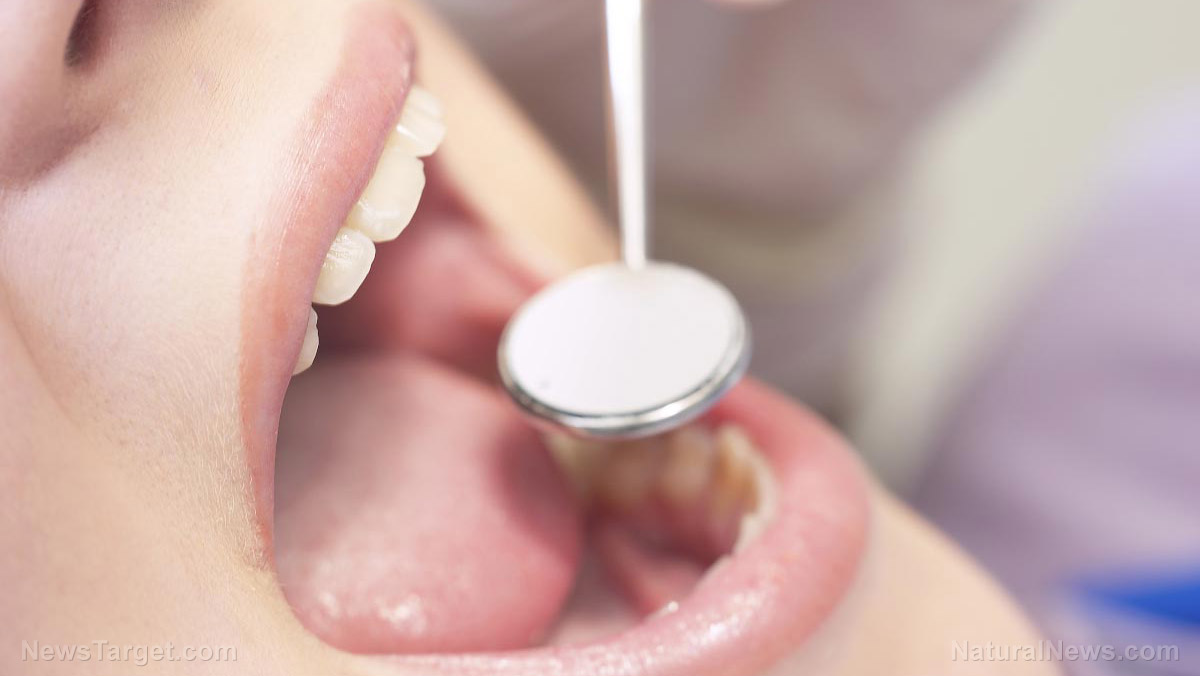
Now, an international team of scientists has discovered mouth cells infected with the coronavirus that may explain the loss of taste. Their findings were posted in the preprint server medRxiv.
The mouth an important route of infection
The researchers examined ribonucleic acid (RNA), a complex molecule carrying instructions for controlling the synthesis of proteins, for different cell types in the mouth to identify which mouth tissues are most vulnerable to SARS-CoV-2, the virus responsible for COVID-19.
They used an atlas that serves as a map of which cells carry what RNA and where. This atlas, which the researchers developed together with an organization called Human Cell Atlas, provided "a way to analyze 50 oral cell types … for the common 'front doors' the virus uses to enter cells for infection," said co-author Dr. Kevin Byrd of the Adams School of Dentistry at the University of North Carolina at Chapel Hill.
The researchers found that cells of the salivary glands, tongue and tonsils carry the most RNA linked to proteins needed by the virus to infect cells. These proteins include the ACE2 receptor, which the virus "hijacks" to gain entry into cells; and an enzyme called TMPRSS, which allows the virus to bind its membrane to that of the host cell and slip inside it.
The team went on to sample the saliva of COVID-19 patients knowing that mouth cells get shed in the saliva. They observed that the more virus in the sample, the more likely a patient had a loss of taste and smell. They also found more evidence of infection in the vulnerable cell types they identified based on the mouth tissues of deceased COVID-19 patients.
"Our study shows that the mouth is a route of infection as well as an incubator for the SARS-CoV-2 virus that causes COVID-19," said Byrd.
The researchers also found that the minor salivary glands can produce their own virus after infection. The minor salivary glands are the small, unnamed salivary glandular tissues widely distributed throughout the mouth, throat and aerodigestive tract.
The team confirmed their finding by checking the levels of coronavirus RNA in the cells using polymerase chain reaction (PCR) testing, the gold standard for SARS-CoV-2 detection, as well as a technique called in situ hybridization that detects genetic material.
"We hypothesize this is the primary source of virus in saliva," said Byrd.
Changes in saliva quality may lead to loss of taste
The researchers suspect that SARS-CoV-2 infection in the mouth can cause changes in saliva production or quality that can contribute to taste loss, as well as dry mouth and blistering in the mucosal tissues.
Dr. Alessandro Villa of the Sol Silverman Oral Medicine Clinic at the University of California, San Francisco, who was not involved in the study, agrees with the researchers. "If the saliva production is somehow compromised, one could speculate that one could develop taste changes or loss of taste," said Villa. (Related: Scans show changes in brain caused by coronavirus-related loss of smell.)
However, Villa noted that this is just a hypothesis and that further research will have to confirm this. He also recommended a large-scale study involving a bigger number of participants and samples as the study only included a few dozen people.
"The numbers are small, for sure, so it will be interesting to see what happens if you look at more patients and more tissues," Villa said.
The researchers added that future studies could look into how mouth infection affects the course of the disease and facilitate the spread of the virus between people. A better understanding of how the coronavirus infects mouth cells can help improve treatments for COVID-19 patients with a loss of taste, according to Byrd.
Infections.news has more studies about the coronavirus.
Sources include:
Please contact us for more information.






















